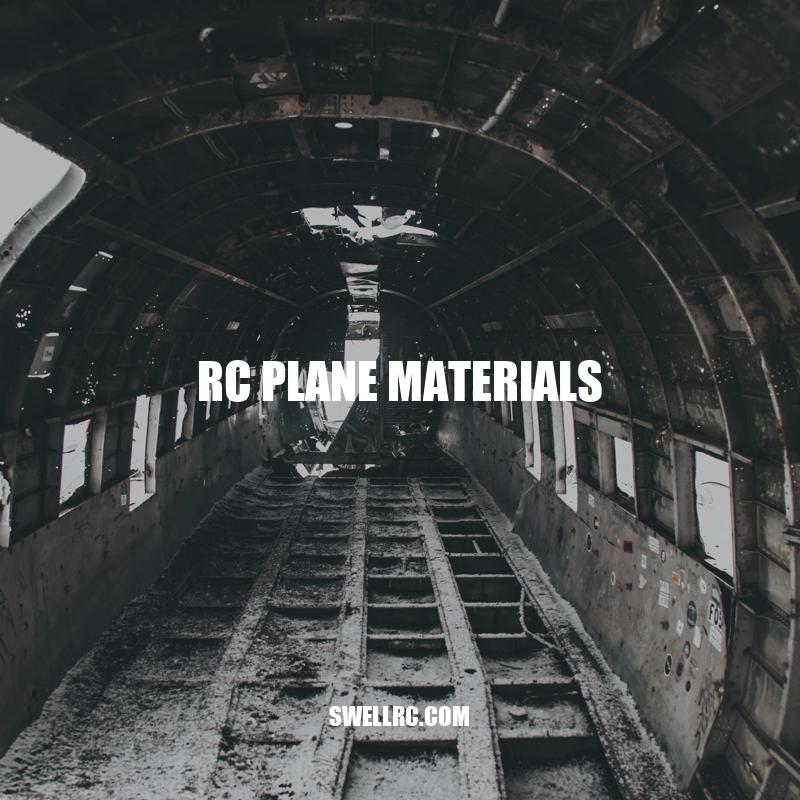RC Plane Materials: A Comprehensive Guide
A Remote Control (RC) plane is a small-scale aircraft controlled by an operator on the ground through a remote that operates the plane’s functions. The materials chosen for the construction of the plane play a vital role in its overall quality and performance. These materials need to be strong, lightweight, and durable. In this article, we will explore different types of materials used in constructing RC planes. We will cover foam, balsa wood, carbon fiber, fiberglass, and metal, along with their specific advantages and disadvantages. Whether you’re an experienced builder or a newbie in the RC plane world, this article aims to help you in choosing a material that suits your RC plane needs.
Foam Materials for RC Planes: Lightweight, Easy to Shape, and Affordable.
– Foam is widely used in RC plane construction as it is lightweight, affordable, and easy to shape.
– Expanded Polystyrene (EPS), Extruded Polystyrene (XPS), and Depron are some of the commonly used foam types.
– EPS foam is popular for its affordability and resilience.
– XPS foam is preferred for its waterproofness and ease of cutting.
– Depron has a high strength-to-weight ratio and is best for indoor flights.
– Foam is an excellent material for beginners who want to experiment with different designs.
– Visit websites like HobbyKing and RC Universe to see the variety of foam materials for RC planes.
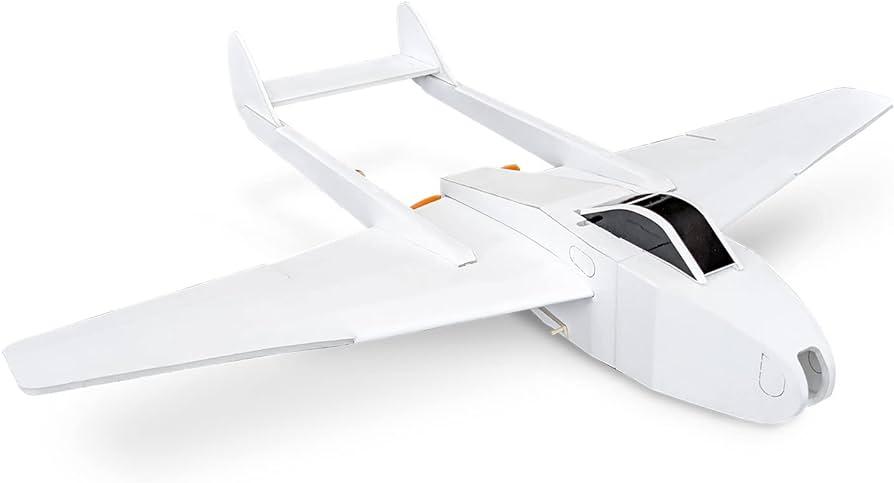
What are some websites to find foam materials for RC planes?
Some websites to find foam materials for RC planes are HobbyKing, Flite Test, and RC Foam.
Balsa Wood: Grades, Uses, and Maintenance for RC Planes
Balsa wood is popular in RC plane building due to its lightweight and high strength. AAA, AA, and A grade balsa wood are commonly used for different parts of RC planes.
AAA grade balsa is the lightest and used for thin wings and delicate parts. AA grade balsa has a mix of weight and strength and commonly used for most sections of the plane. A grade balsa is the heaviest and strongest and best for fuselages and high-stress areas.
Balsa wood can easily absorb moisture, so it is recommended to protect it from water damage.
Below is a table comparing the different grades of balsa wood:
| Balsa Grade | Weight | Strength |
|---|---|---|
| AAA | Lightest | Weak |
| AA | Medium | Moderate |
| A | Heaviest | Strongest |
Visit websites like Great Planes and Tower Hobbies to see the range of balsa wood selections for RC planes.
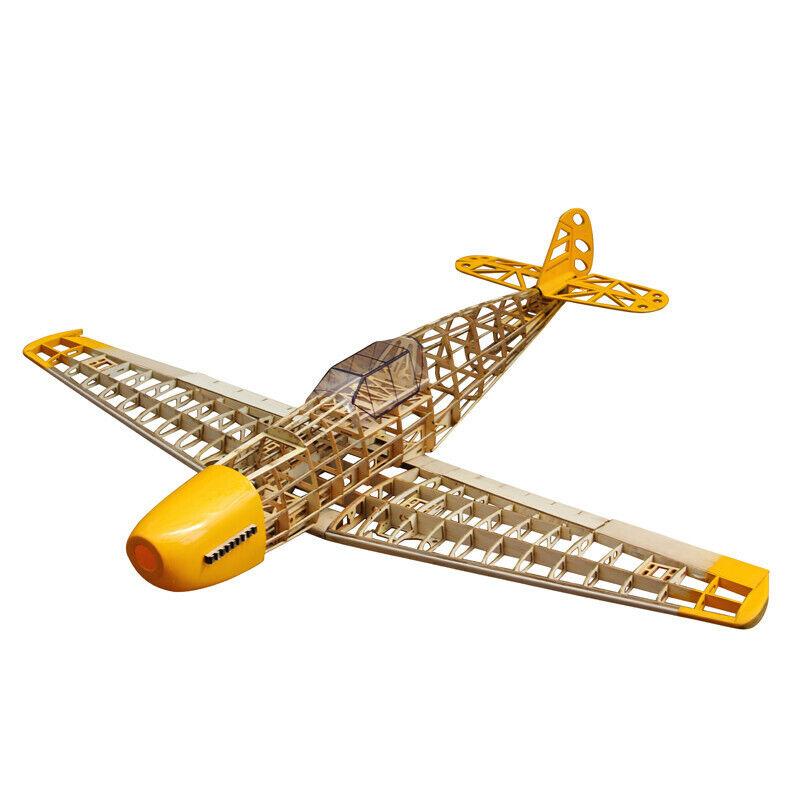
What are the different grades of balsa wood used in RC plane building?
There are typically three grades of balsa wood used in RC plane building: A, B, and C.
Carbon Fiber for Optimal RC Plane Performance
– Carbon fiber is a popular choice for RC plane construction.
– It is lightweight but offers high strength and rigidity.
– Carbon fiber can be used in various ways, such as for fuselage reinforcement and wing spars.
– Visit websites like Carbon Fiber Gear and Composite Envisions to see the variety of carbon fiber options available for RC planes.
– Carbon fiber cloth, sheets, and tubes are common forms of carbon fiber used in RC planes.
– Carbon fiber is more expensive compared to other materials such as foam and balsa wood, but it provides a higher level of performance and durability.
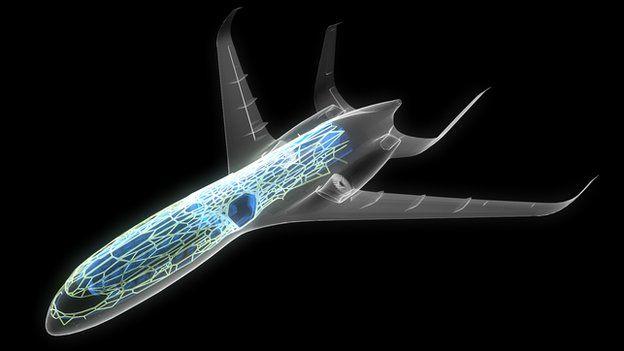
What are some websites where I can find different types of carbon fiber options for RC planes?
Some websites where you can find different types of carbon fiber options for RC planes are: Carbon Fiber Tubes, Goodwinds Composites, and Dragon Plate.
Choosing Fiberglass for RC Plane Construction
– Fiberglass is a versatile material used in RC planes.
– It provides durability and strength, making it suitable for fuselage construction, wingtip reinforcement, and more.
– Fiberglass cloth is available in different weights and weaves, allowing for customization in RC plane construction.
– Websites like Fiberglass Supply and FGCI offer a variety of fiberglass materials and accessories for RC plane building.
– Fiberglass can also be combined with other materials like carbon fiber to create hybrid structures with increased strength and performance.
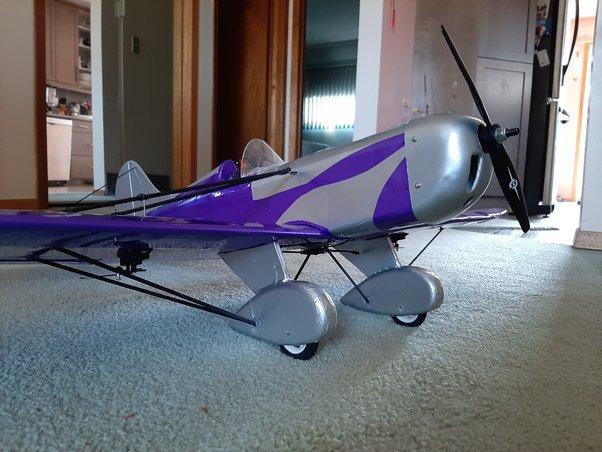
Where can I find fiberglass materials and accessories for RC plane building?
You can find fiberglass materials and accessories for RC plane building at hobby stores, online RC hobby shops, and specialized shops that sell building materials.
Metal Materials for Strong and Durable RC Planes
– Metal is a less common but viable material for RC plane construction.
– Aluminum, titanium, and steel are commonly used metals in RC plane building.
– Metals can be shaped and formed into various structures including landing gear, wing spars, and control surfaces.
– Metal parts for RC planes can be purchased from online retailers such as HobbyKing and Tower Hobbies.
– Metal parts can provide high durability and strength, but may add weight to the RC plane, which can affect performance.
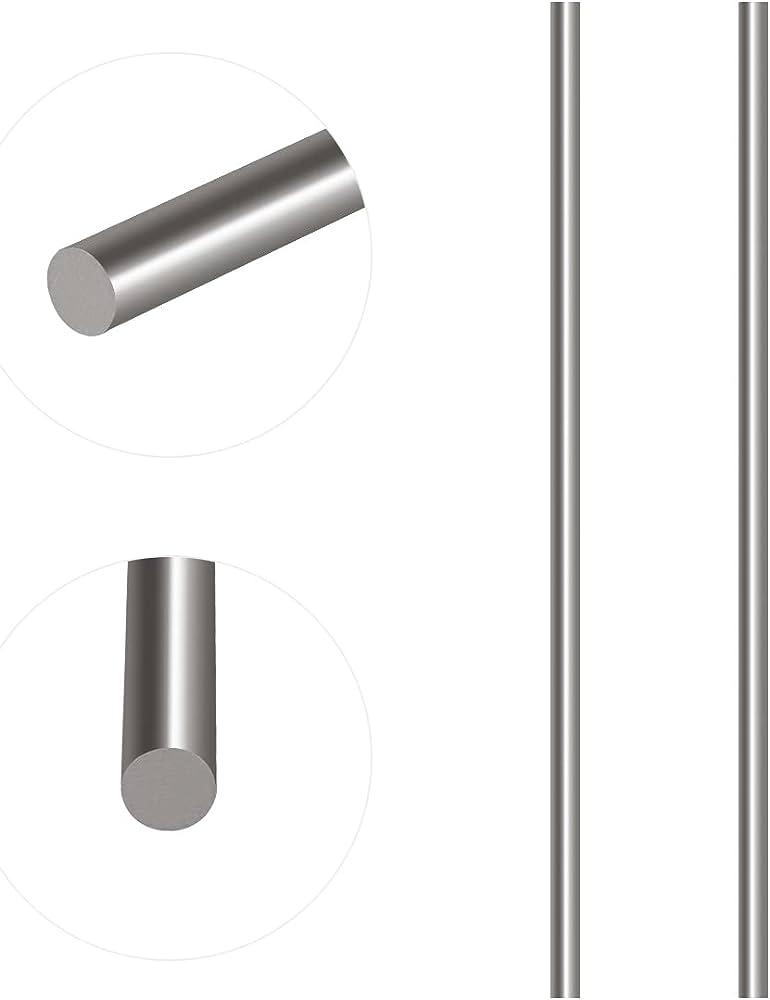
What are some common metals used in RC plane building?
Some common metals used in RC plane building are aluminum, steel, and titanium.
Conclusion
In conclusion, selecting the right material for an RC plane depends on a variety of factors, such as the type of model, performance requirements, and budget. This article has highlighted some of the most popular materials used in RC plane construction, including foam, balsa wood, carbon fiber, fiberglass, and metal. Each material has its own advantages and disadvantages, and builders should select a material that meets the specific needs of their project.
Ultimately, the success of an RC plane depends on much more than just the materials used. It requires careful planning, attention to detail, and the right techniques. Whether you are a beginner or an experienced builder, taking the time to research and select the right materials is an important step towards building a high-quality, well-performing RC plane.
By choosing the right materials and following best practices, you can build a high-quality RC plane that will provide many hours of enjoyment. So, start researching the different materials available today, and get ready to take your RC plane building skills to the next level!

